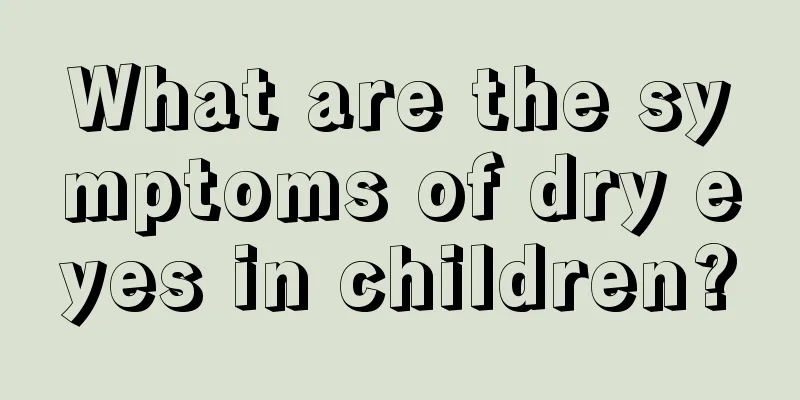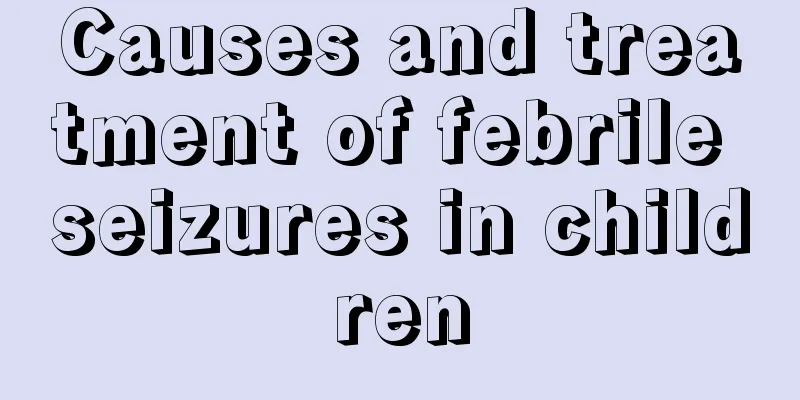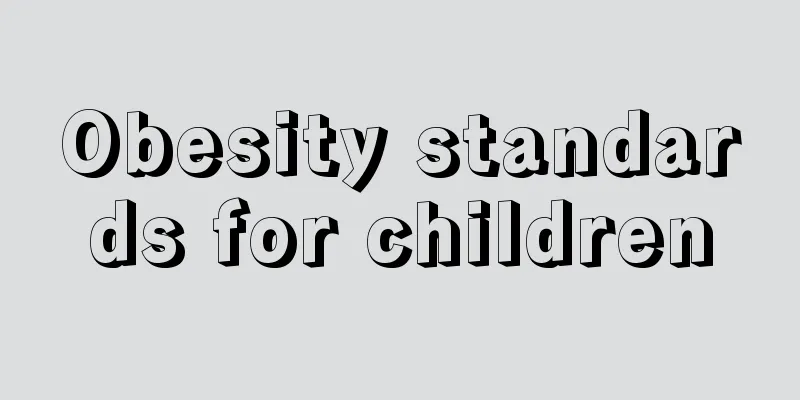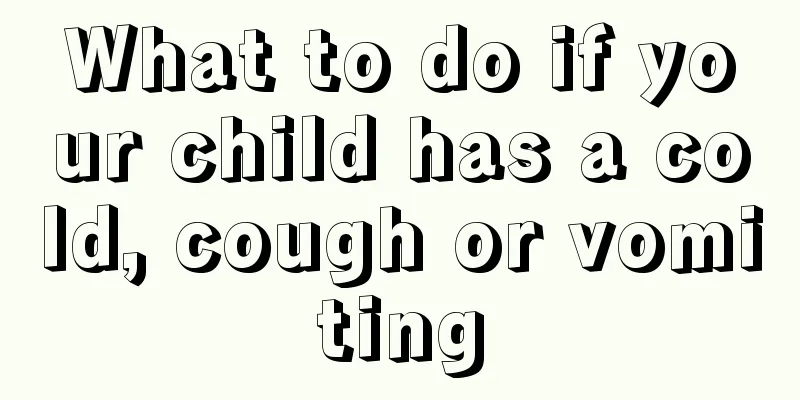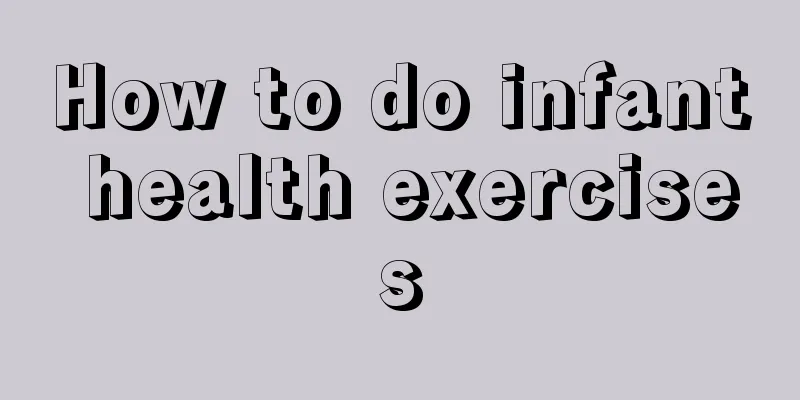What should children pay attention to when getting vaccinations

|
Vaccination is a way to prevent diseases. Vaccinations are given at different times to prevent different diseases, because children are a vulnerable group. Therefore, children usually need to get various vaccinations, but vaccinations may also cause some adverse reactions. Let us now understand what we should pay attention to when children get vaccinations. Vaccines are given to prevent diseases and most of them are derived from the corresponding pathogens. Once the vaccine interacts with the body's immune system in the body, it may cause various adverse reactions. In addition to the above reasons, low fever in babies may also be caused by infection, resulting in the above symptoms. About 3%-5% of babies (mainly children under 2 years old) may experience reactions 5-12 days after vaccination. The systemic reactions of babies after vaccination include fever and general discomfort. The child's fever temperature is generally below 38.5℃ and lasts for 1-2 days. At this time, the baby's body's ability to resist disease (general germs) will decrease. If the baby is not fed more water and is not allowed to rest more, it will develop into a fever and cold caused by infection. For these discomforts, parents should pay close attention to the systemic reactions and body temperature of their vaccinated children. If your baby has a low fever, be sure to give him plenty of water and remember one principle: the amount of urine should be at least the same or more than usual. The baby's diaper should be changed in time to ensure adequate rest. If the fever worsens or the low-grade fever persists for more than 3 days without improvement, you should use antipyretics under the guidance of a doctor, or take your baby to the hospital for treatment in time. Some children will have scattered "rashes" while having fever. Generally speaking, these "rashes" do not require treatment and will disappear on their own after a certain period of time. After children receive vaccinations, there will be some negative effects. Some children have special physiques and are more sensitive, so their reactions will be stronger. These are unavoidable. When this phenomenon continues into a long-term vicious cycle and becomes more serious, certain treatments should be adopted. |
<<: What are the treatments for tuberculosis in children?
>>: Treatment of hemolytic jaundice
Recommend
What to do if blisters grow on children's legs
If a child has blisters on his legs, parents will...
What are the treatments for children with cerebral palsy?
Cerebral palsy is a disease that children are ver...
What to do if neonatal jaundice rebounds?
Generally speaking, it is normal for newborns to ...
What to do if a 3-year-old child stutters
The period of a child's growth is very critic...
Is ADHD a disease?
Is ADHD a disease? Many parents are puzzled by th...
What are the consequences of meningitis in children?
If a child develops meningitis, it is a serious c...
How to massage acupoints to make children grow taller
Everyone knows that a family attaches great impor...
Why does the child not poop?
Constipation is a very common symptom in children...
Does a slow fetal heart rate have any impact on the fetus?
A slow fetal heart rate generally has no effect o...
What to eat to grow taller
Many people are worried about their height. In fa...
How old can babies take calcium supplements?
Calcium can promote bone growth and plays a vital...
What's wrong with my child's leg cramps?
Leg cramps are very dangerous and may have advers...
Reasons for spitting up milk in a two-month-old baby
It is very normal for a baby of half a month to s...
What should parents do if they find their baby has a gastrointestinal cold?
Gastrointestinal colds are common in babies. At t...
What should children eat to relieve constipation?
It is painful for children to have difficulty def...
